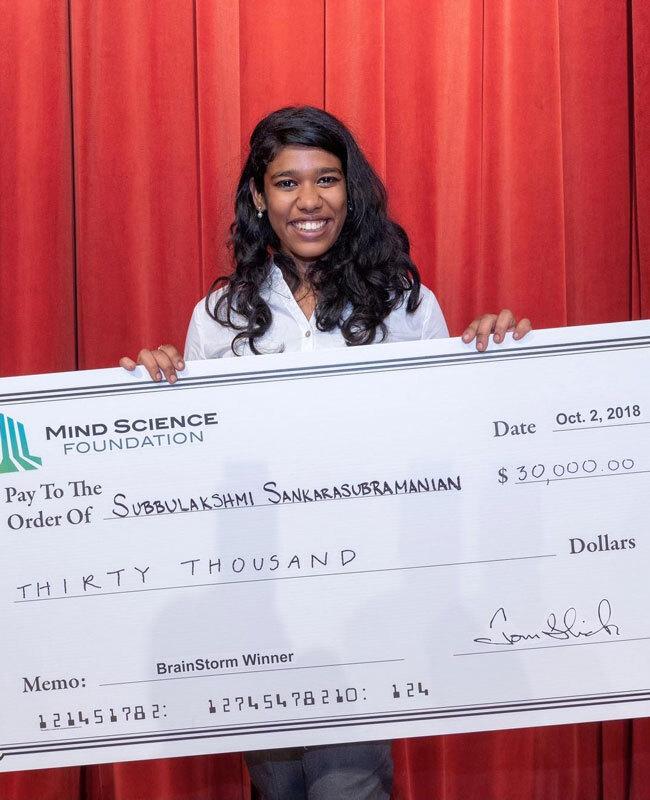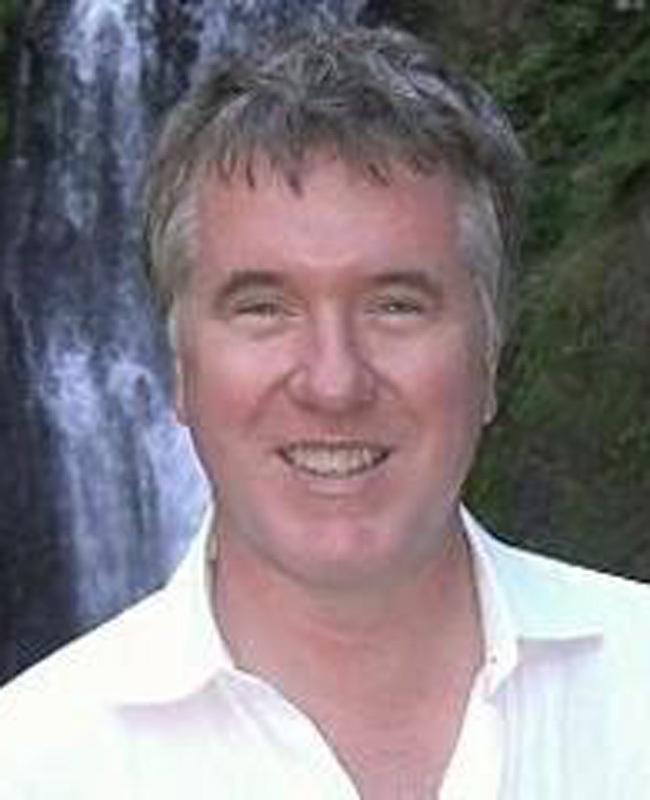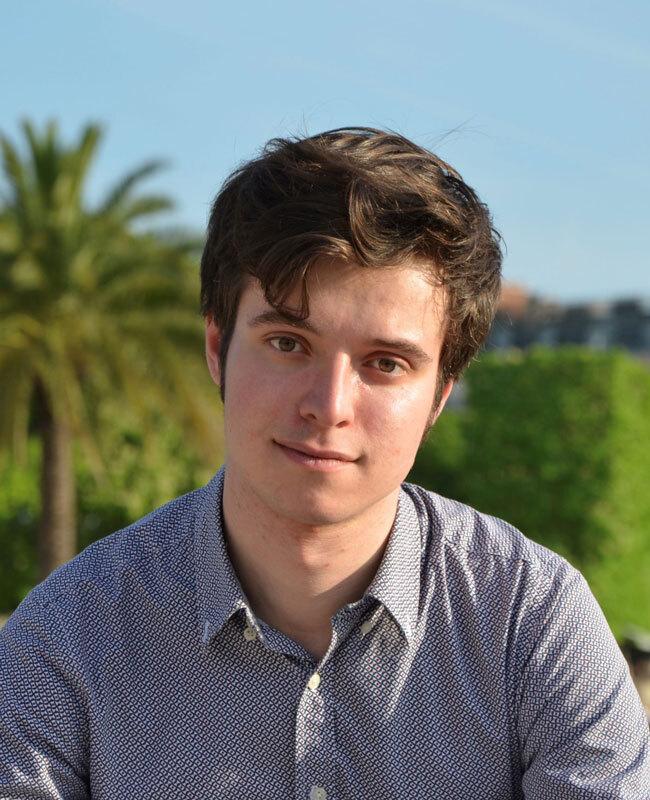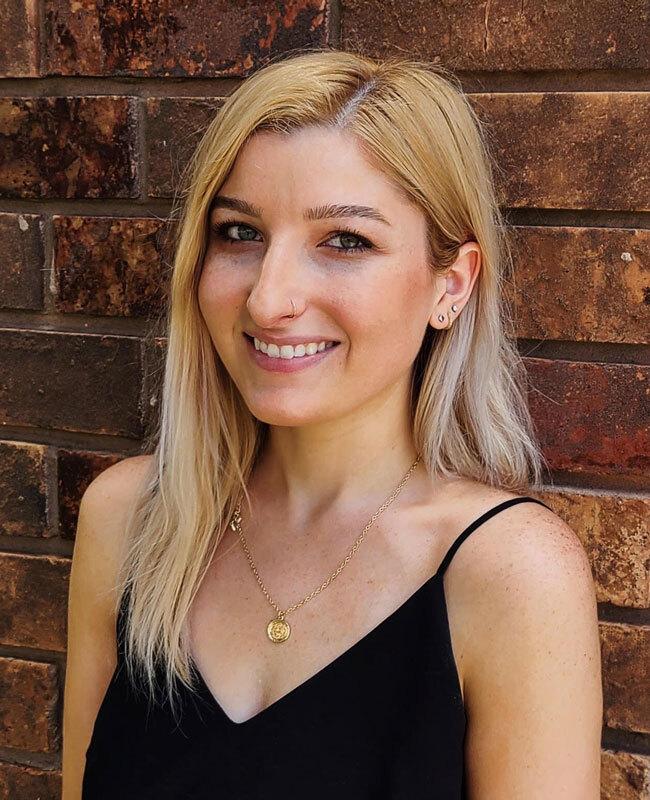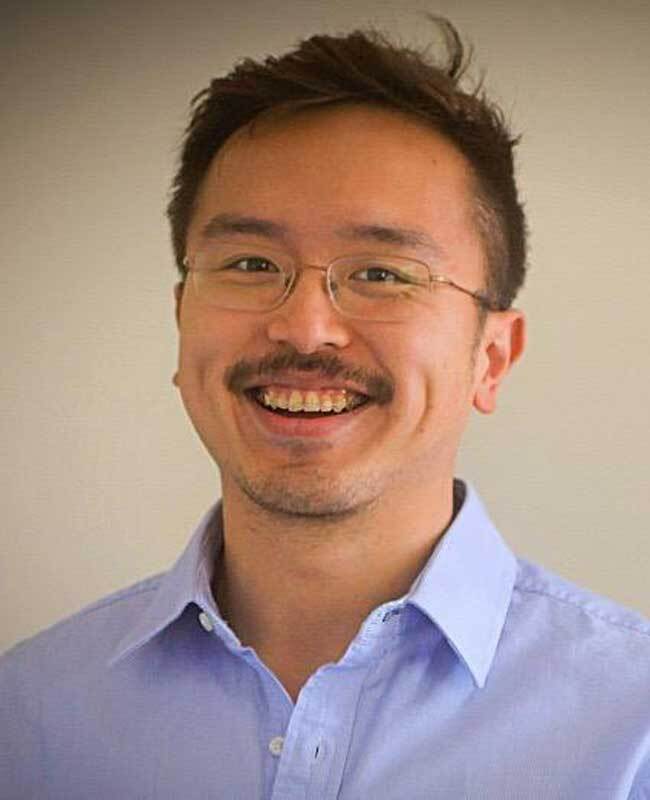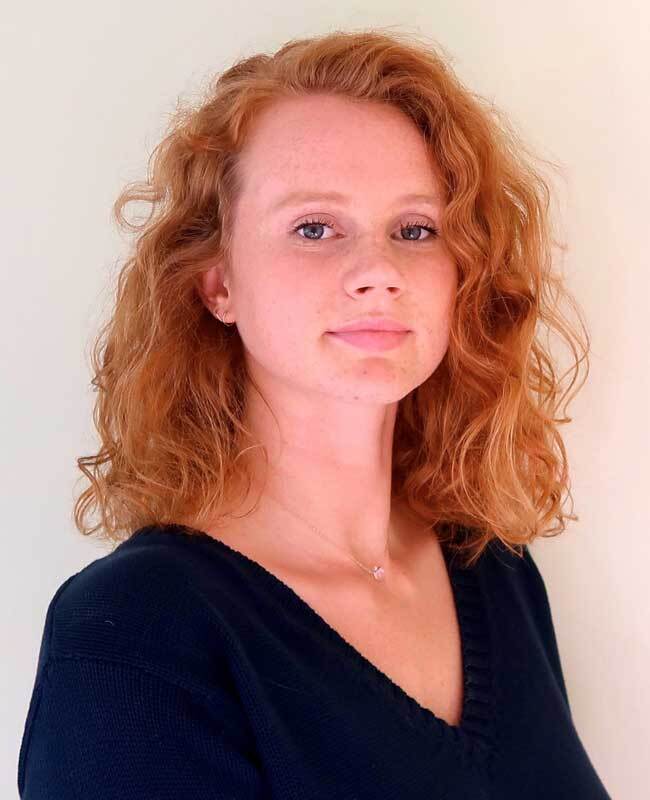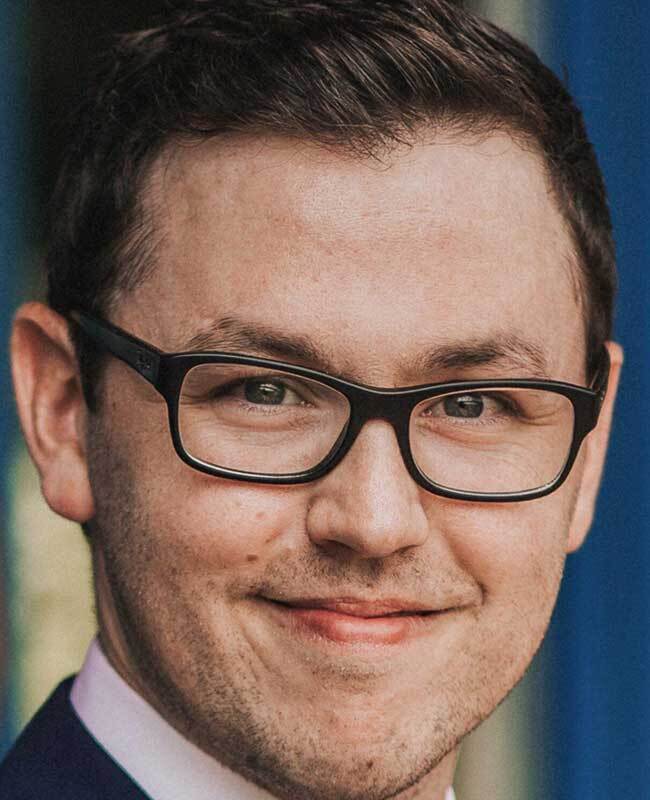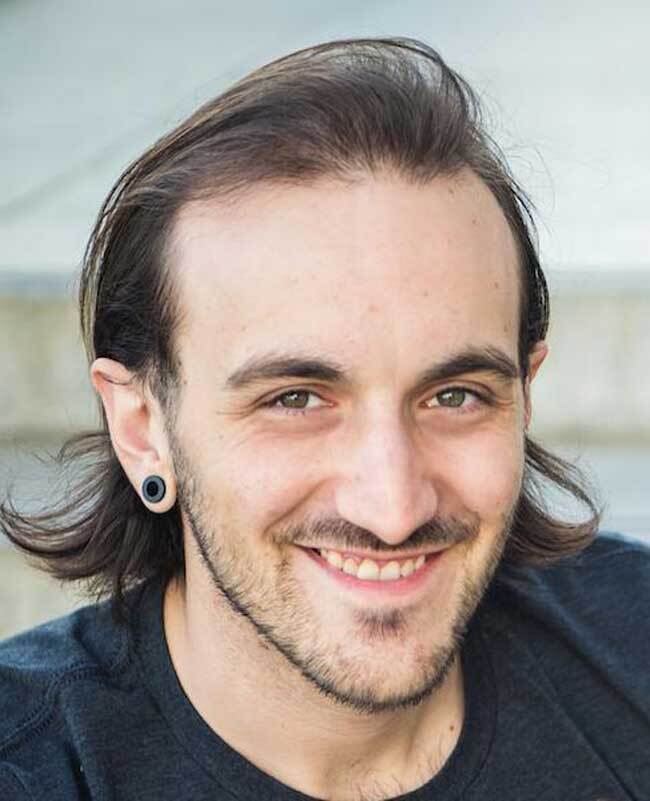What is BrainStorm?
The BrainStorm Neuroscience Pitch Competition™ has a specific focus on funding for early-career researchers teamed with senior primary investigators, working on pilot studies to help them obtain grants for further research, with an additional strategic goal designed to incentivize the building of skills in translating complex neuroscience for a general audience through a pitch video. Finalists are guaranteed $30,000 in funding. The general public cast votes online for the best video for an additional $10,000 Audience Choice award.
CONGRATULATIONS TO OUR 2025 BRAINSTORM AWARD WINNERS
Agustina Aragon Daud
Project Title: Mind Blanking: Looking at the Brain When Thoughts Disappear
Iris Garcia-Pak
Project Title: BBBursting with Excitement: Potential Pathways in Blood-Brain-Barrier-Controlled Brain Excitability and Alzheimer’s Disease
Eti Ben-Simon
Project Title: Too Tired to Think Straight: The Role of Sleep Loss in Spreading Misinformation
THE 2025 AUDIENCE CHOICE AWARD WINNER IS…
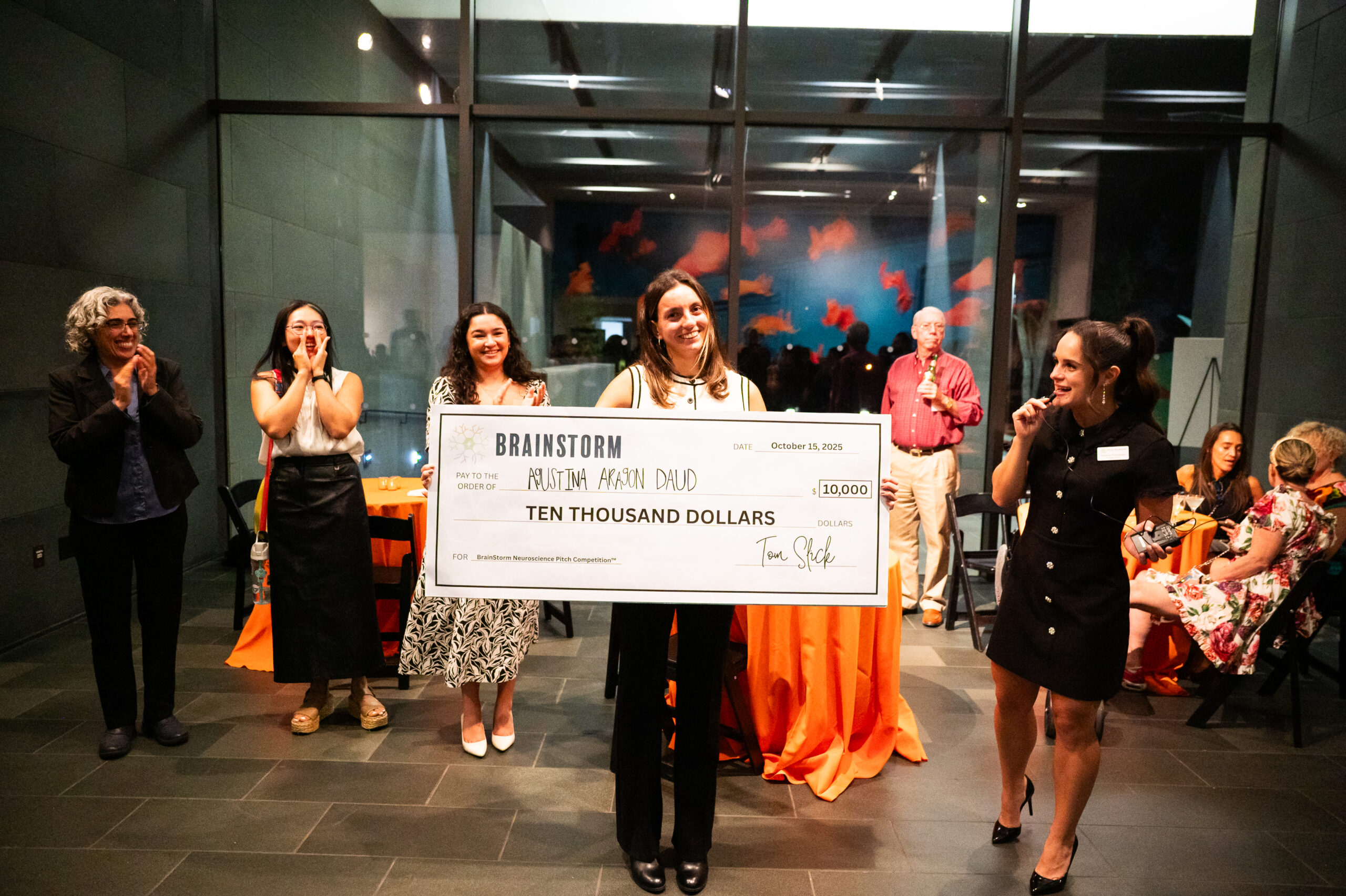
Agustina Aragon Daud!
Why is Brainstorm Needed?
In 2018, the Mind Science Foundation launched the BrainStorm Neuroscience Pitch Competition™ to offer research grants for early-career neuroscientists. This model supports young investigators leading projects focused on the neuroscience of consciousness, with a unique emphasis on the development of science communication skills. The competition, which is open to researchers internationally, has infused over half a million dollars in supporting the next generation of scientists and science communicators.
SINCE 2018:
IN RESEARCH FUNDING
SCIENTISTS FUNDED
COUNTRIES REPRESENTED
Brainstorm Winners are Making a Difference
BrainStorm Neuroscience Pitch Competition™ winners and finalists are making significant advancements in the health and well-being of humankind through their research in areas that include: memory control, lucid dreaming, and cognitive resiliency in children raised in poverty.
Field of Study: SOCIAL DEVELOPMENT
Field of Study: NEUROBIOLOGY OF MOTIVATED BEHAVIOR
Merridee Lefner, PhD BRAINSTORM 2020 Winner
Why exactly does “absence make the heart grow fonder?” The winning team of researchers Merridee Lefner and Matthew Wanat (The University of Texas at San Antonio) are analyzing the neurobiology of motivated behavior. How does dopamine work in influencing our responses to rewards and avoiding negative outcomes? If we wait longer for something we desire, do we want it more and if so, why?
Field of Study: COGNITIVE RESILIENCY
Tin Nguyen BRAINSTORM 2019 WINNER
The winning team of researchers Laurie Cutting, Stephanie Del Tufo, and Tin Nguyen (Vanderbilt University) want to know what creates resiliency in children raised in poverty. Graduate student Tin Nguyen’s pitch sought to provide a deeper understanding of the relationships between resilience, brain structure, and enriching home reading environments in children subject to adversity or poverty. Understanding what makes children resilient can be a first step towards mitigating the negative impacts of childhood poverty.

